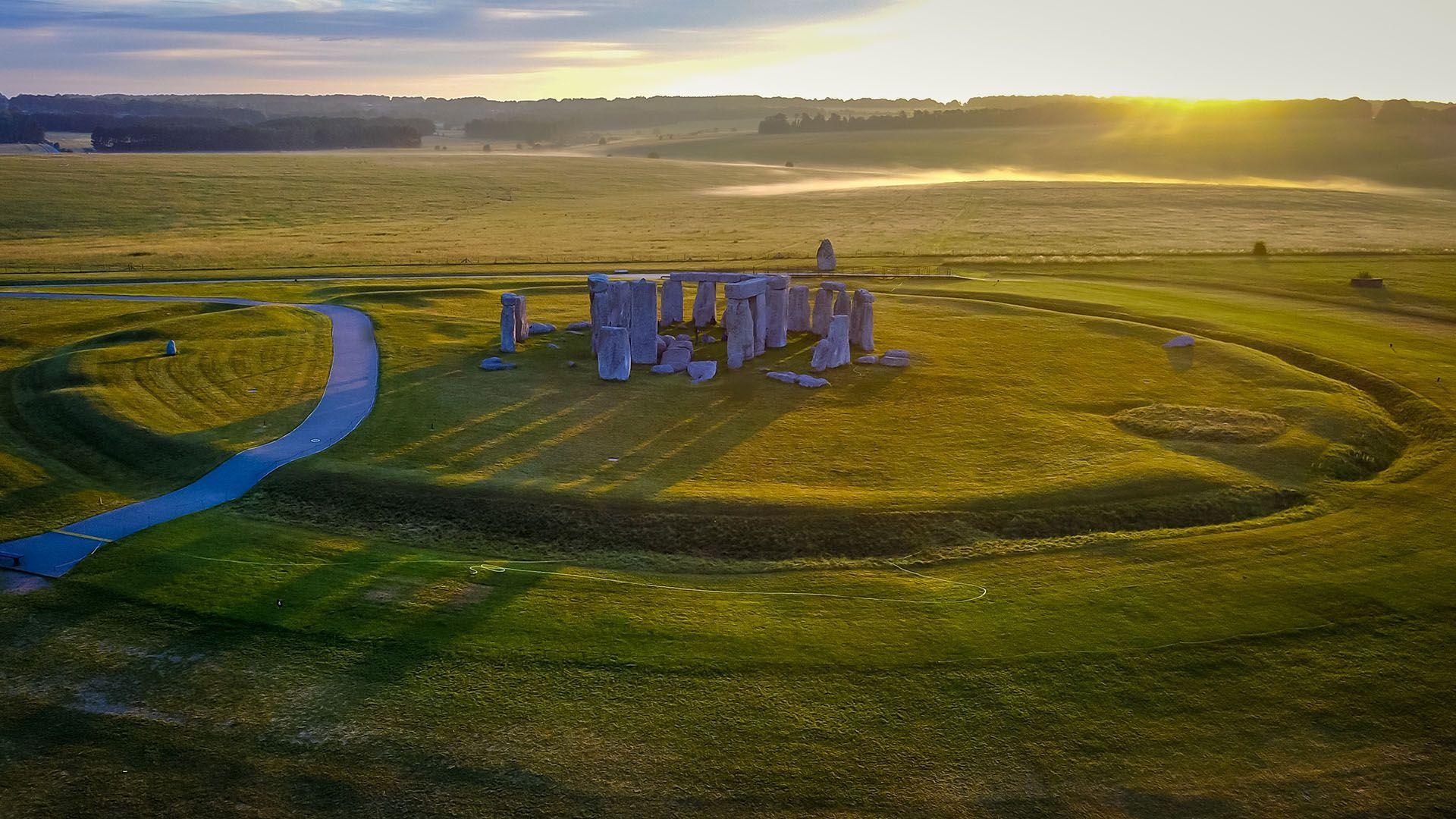
A303: leading the circular economy approach on Britain’s roads
Keeping resources in circulation for as long as possible is a practice as old as Stonehenge. In Britain we integrated these circular economy approaches into our work on a road scheme passing the historic site.
Resource intensive infrastructure projects need to be as sustainable as possible. Circular economy approaches, which look at designing out waste and keeping resources in circulation for as long as possible, are gaining traction. In Britain, we worked with the body in charge of national highways to integrate these principles into the scope for delivery of a significant project.
Starting early
Embedding a circular economy approach from the project outset means any design decisions consider and plan for the sustainable management of resources. This means looking at business models and supply chains in a new way to promote the efficient design, use, repair and repurposing of material and products, taking full advantage of their reusability.
As a Nationally Significant Infrastructure Project, the £1.5 billion (US$1.8 billion) A303 Amesbury to Berwick Down road scheme aims to improve road connections in southern England. One of the most notable elements of the scheme is a 3.3-kilometre tunnel through the Stonehenge World Heritage Site.
An industry first
Working as consultants with National Highways, we led the development of its corporate approach to the circular economy, prior to helping develop its practical application through the A303 scheme from 2017. As a National Highways ‘Circular Economy Pathfinder Project’, the A303 has been ground-breaking in serving as one of the first complex infrastructure projects in the UK to focus on the circular economy from the preliminary design phase, the results of which will inform its application to this and future National Highways schemes.
After identifying and engaging with key stakeholders throughout the process including designers and EIA teams, we identified over 120 opportunities for resource efficiency and the circular economy, adding to financial and carbon savings, many of which are incorporated into the scheme’s preliminary design and Development Consent Order, for which we also provided planning and environmental expertise, through to delivery.
Embedding circular economy in procurement
We worked with National Highways’ Procurement Team to help integrate circular economy requirements into the scope for delivery of the scheme. We also helped in identifying metrics to measure the circularity of material resource management, establishing an approach that will allow National Highways to assess the circularity of resource use in the built scheme. The Pathfinder Project now provides a documented case study that will inform future National Highways schemes and has received international attention.
Not only has the scheme been successful in increasing knowledge of circular economy across the project delivery team, but it has also been instrumental in raising external awareness with other transport authorities across the UK and Ireland, along with professional bodies including IEMA, CIWM and the Major Infrastructure Resource Optimisation Group (MI-ROG).